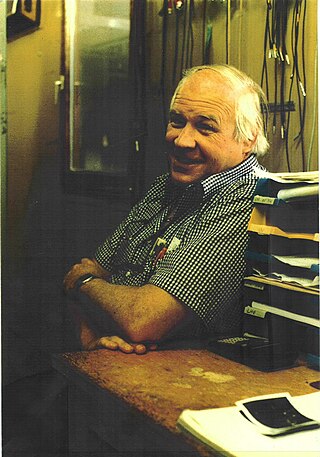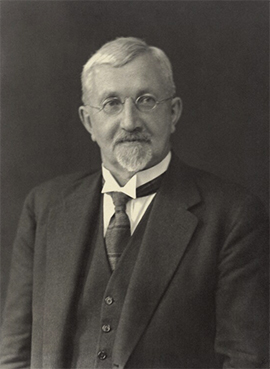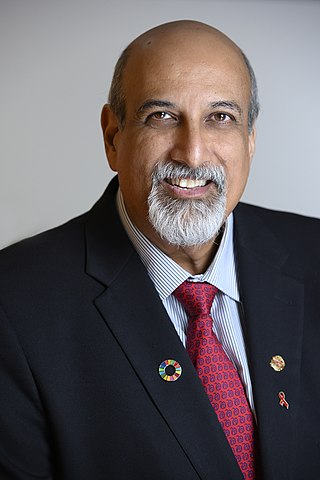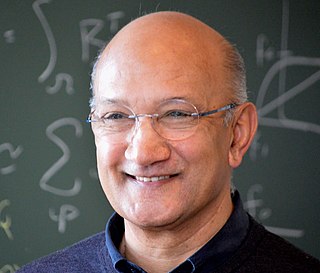
The Afrikaner Broederbond (AB) or simply the Broederbond was an exclusively Afrikaner Calvinist and male secret society in South Africa dedicated to the advancement of the Afrikaner people. It was founded by H. J. Klopper, H. W. van der Merwe, D. H. C. du Plessis and the Rev. Jozua Naudé in 1918 as Jong Zuid Afrika until 1920, when it was renamed the Broederbond. Its influence within South African political and social life came to a climax with the 1948-1994 rule of the white supremacist National Party and its policy of apartheid, which was largely developed and implemented by Broederbond members. Between 1948 and 1994, many prominent figures of Afrikaner political, cultural, and religious life, including every leader of the South African government, were members of the Afrikaner Broederbond.

Stellenbosch University (SU) (Afrikaans: Universiteit Stellenbosch, Xhosa: iYunivesithi yaseStellenbosch) is a public research university situated in Stellenbosch, a town in the Western Cape province of South Africa. Stellenbosch is the oldest university in South Africa and the oldest extant university in Sub-Saharan Africa, which received full university status in 1918. Stellenbosch University designed and manufactured Africa's first microsatellite, SUNSAT, launched in 1999.

Carl Wilhelm Irene ("Calie") Pistorius is a South African electrical engineer who is a former Vice-Chancellor of the University of Hull, Kingston upon Hull, United Kingdom. He announced, on 1 August 2016, that he would be stepping down from this role at the end of January 2017. His successor at Hull was Professor Susan Lea.
LourensWepener Hugo "Laurie" Ackermann was a South African retired judge who served on the Constitutional Court of South Africa from 1994 to 2004. Appointed to the inaugural court by Nelson Mandela, he is best known for his jurisprudence on dignity. He was formerly an academic, a practising advocate, and a judge of the Supreme Court of South Africa.

Edwin Cameron is a retired judge who served as a Justice of the Constitutional Court of South Africa. He is well known for his HIV/AIDS and gay-rights activism and was hailed by Nelson Mandela as "one of South Africa's new heroes". President Ramaphosa appointed him as Inspecting Judge of Correctional Services from 1 January 2020 and in October 2019 he was elected Chancellor of Stellenbosch University.
Nico Smith was a South African Afrikaner minister and prominent opponent of apartheid. Smith was a professor of theology at the University of Stellenbosch, a member of the Afrikaner Broederbond organization, and a minister of the apartheid-supporting Dutch Reformed Church (DRC). However, he abandoned his upper-class lifestyle to live with the impoverished and segregated blacks of Mamelodi, a township in the east of Pretoria. From Mamelodi, he worked to support the black community and oppose apartheid. Smith joined the Dutch Reformed Church in Africa (DRCA), the separate branch of the Dutch Reformed Church for non-whites, due to the DRC's refusal to oppose apartheid.

Jacques Pierre Friederich (Friedel) Sellschop was a South African scientist and pioneer in the field of applied nuclear physics.

Sir John Carruthers Beattie was the first principal and Vice Chancellor of the University of Cape Town (1918–1937).

The Harry Oppenheimer Fellowship Award is awarded annually by the Oppenheimer Memorial Trust. It is considered the top award for research on the African continent.
Christoffel Nortje is a South African dentist who is emeritus professor of oral and maxillofacial radiology at the Department of Diagnostics and Radiology at the University of the Western Cape, Faculty of Dentistry in Cape Town, South Africa. He was in private practice prior to joining the Department of Diagnostics and Radiology at Stellenbosch University, where he headed the department until 2005.
Anton Albert van Niekerk is a South African bioethicist and academic based at Stellenbosch University.

Salim S. Abdool Karim, MBChB, MMed, MS(Epi), FFPHM, FFPath (Virol), DipData, PhD, DSc(hc), FRS is a South African public health physician, epidemiologist and virologist who has played a leading role in the AIDS and COVID-19 pandemic. His scientific contributions have impacted the landscape of HIV prevention and treatment, saving thousands of lives.
Rolf Heinrich Stumpf was a South African statistician who served as Vice Chancellor and Rector of the Nelson Mandela Metropolitan University in Port Elizabeth. He was a member of the Academy of Science of South Africa and served on the Council of the University of South Africa.
Wilhelm Johannes Verwoerd is a South African facilitator and researcher based at Stellenbosch University and a social activist. The grandson of Hendrik Verwoerd, known as the architect of the apartheid regime, Verwoerd has disavowed the views with which his family is widely associated and joined the ANC.
Pieter Willem Vorster was a South African agronomist and chancellor of The Potchefstroom University for Christian Higher Education.

Stephanus Muller is a South African music scholar and writer who has written about South African twentieth-century composition, exile, archiving, language politics, music and apartheid and university institutional transformation. As the last chairman of the Musicological Society of Southern Africa, he was a founding member of the South African Society for Research in Music (SASRIM) in 2006. He also founded the Documentation Centre for Music (DOMUS) in 2005 at Stellenbosch University, and the Africa Open Institute for Music, Research and Innovation (AOI) at the same university in 2016. He received his BMus (performance) from Pretoria University in 1992, MMus (musicology) from the University of South Africa in 1998, and DPhil from the University of Oxford in 2001. Having studied with the writer Marlene van Niekerk, he also holds a MA in Creative Afrikaans writing from Stellenbosch University (2007).

Batmanathan Dayanand (Daya) Reddy is a South African scientist. He is Professor Emeritus of Applied Mathematics and interim Vice Chancellor at the University of Cape Town. Reddy held the South African Research Chair in Computational and Applied Mechanics from 2007 to 2021, and is a former Director of the Centre for Research in Computational and Applied Mechanics (CERECAM) there. From 2018 to 2021, he was the inaugural president of the International Science Council.
James Patrick Manyenye Ntozi was an Ugandan retired academic and farmer. He worked as a researcher in demographics and statistics at Makerere University in Uganda, with his main research projects focusing on the HIV/AIDS epidemic in Africa, fertility, census-taking, and aging and the life cycle. A medical demographer and statistician by training, his areas of expertise include gauging needs assessment, conducting evaluations, and creating baseline studies. After retirement, he took up work as a farmer. In 2011, the book Demography of Uganda and Selected African Countries was published in honor of his research contributions. Professor Ntozi died on Wednesday 19 May 2021 in Kampala, Uganda.
Aditya Prasad Dash, who hails from the Indian State of Odisha, is an Indian biologist with special interest in malaria and vector borne diseases. His areas of interest include biomedical science, transmission biology of tropical disease, and modern biology of disease vectors. According to Vidwan, the national network for researchers and experts, Dash has authored 320 publications co-authored 699 publications. Since September 2020, Dash has been serving as the Vice Chancellor of Asian Institute of Public Health (AIPH) in Bhubaneswar. Before joining AIPH, he was the Vice Chancellor of Central University of Tamil Nadu during the period from August 2015 to August 2020. He had also worked at the World Health Organization (WHO) as the Regional Advisor for the South-East Region. He has also worked as the Director of the National Institute of Malaria Research (NIMR), New Delhi, of the Institute of Life Sciences (ILS), Bhubaneswar and of the National Institute for Research on Tribal Health, Jabalpur.









